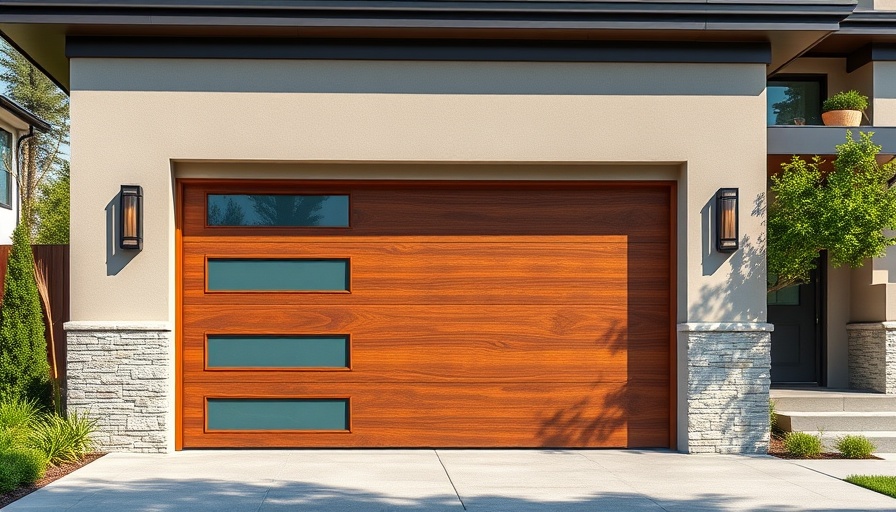
Understanding Hotel Cleaning Protocols
Hotel housekeepers play a crucial role in ensuring that our stays are both comfortable and safe. As the unsung heroes of the hospitality world, they employ a detailed system of cleaning priorities. But what exactly do they focus on first, and why does it matter?
First on the List: The Bathroom
The bathroom is often the first area that hotel housekeepers clean during their shifts. This decision is grounded in health and hygiene considerations. Given that restrooms serve as hotspots for germs and bacteria, it’s essential for housekeepers to clean and sanitize these spaces thoroughly right from the start. Using disinfectants on surfaces such as sinks, toilets, and bathtubs not only ensures cleanliness but also instills confidence in guests who know they’re stepping into a sanitary environment.
The Importance of Dusting Surfaces
The second priority is usually dusting surfaces, particularly in high-touch areas like bedside tables and remote controls. This might seem trivial, but dust and allergens can accumulate quickly, ignoring which could lead to respiratory issues or discomfort for sensitive guests. Reminding hotel guests about the essential role of cleanliness in shared accommodations could enhance their overall experience.
Working from the Top Down
Many hotel housekeepers follow a systematic approach known as 'top to bottom' cleaning. This method entails cleaning higher surfaces first—such as light fixtures and shelves—before progressing to the floor. This practice minimizes the likelihood of contamination between cleaned and uncleaned surfaces. After all, who wants to vacuum up dust that just fell from a high shelf?
Time Management in Hotel Housekeeping
Efficiency is key in the world of hotel housekeeping. Most housekeepers have a checklist which helps them to maintain pace without compromising on quality. With tasks like vacuuming, replenishing amenities, and repeating the sanitization process, the goal is to prepare each room swiftly for incoming guests. Interestingly, housekeepers also pay attention to their surroundings. Little nuances—like odd smells or marks on walls—are all part of their assessment.
Future Predictions in Hotel Cleaning
As technology advances, so too will the methods employed in hotel housekeeping. From robotic vacuums to advanced cleaning agents that reduce environmental impact, the future looks to be a blend of efficiency and sustainability. Properties that adopt smart technologies could not only enhance cleanliness but also provide real-time updates on room status to improve guest satisfaction.
Why This Matters to Guests
Understanding the meticulousness behind the cleaning protocols should reassure guests about their accommodation. When patrons feel confident in the sanitation practices, they will enjoy their stay more fully. Facilities that emphasize cleanliness could win the loyalty of returning visitors, boosting occupancy rates and enhancing the overall guest experience.
Learn the Essence of Hygiene Practices
Now that we’ve pulled back the curtain on hotel cleaning protocols, consider the parallels this has with everyday cleaning in our homes. After all, every home could benefit from a little understanding of effective cleaning practices. Perhaps it’s time to create a personal checklist and tidy up our own living spaces, imitating the diligence of hotel housekeepers!
In conclusion, next time you check in to a hotel, take a moment to appreciate the hard work behind the scenes. The next time you step into a freshly cleaned hotel room, you might just have a newfound respect for the dedicated individuals who ensure everything is spotless before you arrive.
 Add Row
Add Row  Add
Add 



Write A Comment